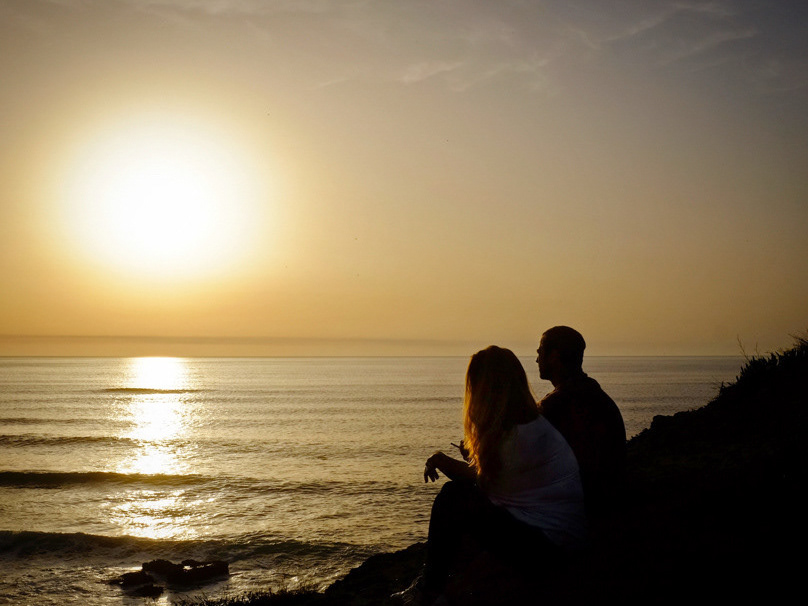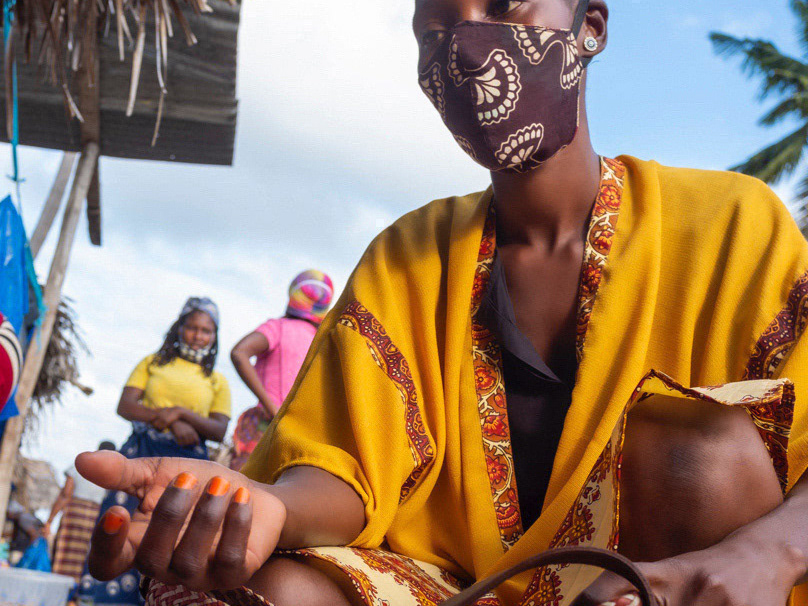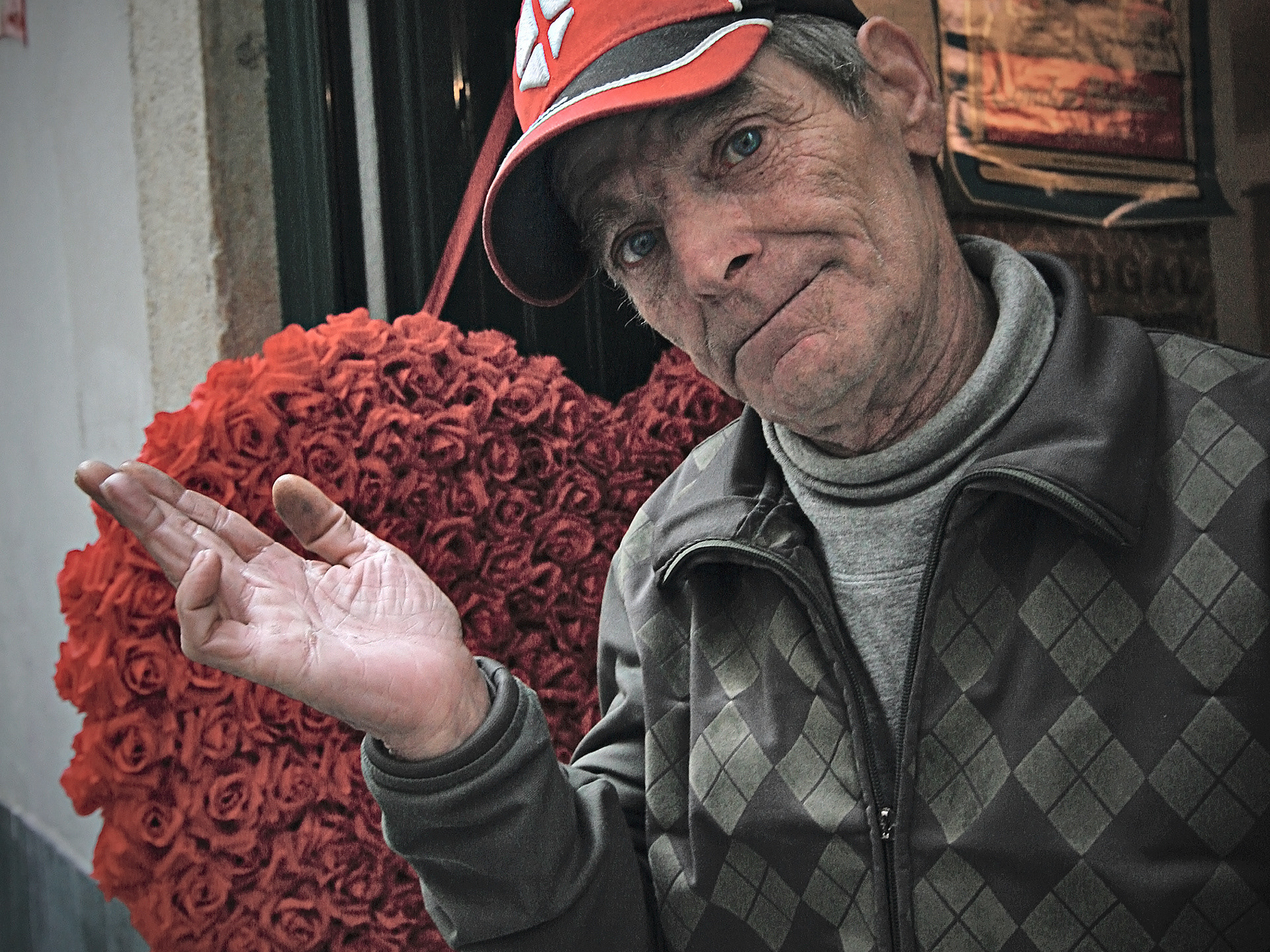Soar above Pomene, capturing its untouched beauty through the lens of a drone. In this aerial odyssey, the intricate dance of tides unfolds as mangrove swamps and seagrass beds paint a vibrant canvas beneath. The Pomene Lodge, perched on the edge of the Pomene National Reserve, emerges as a secluded haven, accessible only through 58 kilometers of rugged roads, each turn revealing the untouched ecosystem below.
Disconnected from the digital world, with sporadic phone reception and electricity gracing the landscape from five to ten in the evening, Pomene stands as an enclave untouched by the modern hustle. Yet, the rewards of this isolation are monumental: expansive wild beaches, the warm embrace of the estuary's waters, flocks of flamingos forming living tapestries, and crabs adding a lively touch to the golden sands.
As night falls, serenaded by the rhythmic sounds of the sea, wooden cottages on stilts or camping beneath the star-studded sky become the chosen sanctuaries. Pomene unfolds as a sanctuary for fishing enthusiasts, bird watchers, and diving aficionados. The drone's eye captures the landscape enriched by a lighthouse erected in 1913, standing tall at 110 meters, and the mesmerizing ruins of the old colonial hotel, a silent testament to a bygone era.
Hovering above, the question arises: how can a place in ruins be so captivating? The answer lies in the drone's gaze, weaving together history written in Portuguese, the ephemeral colonial existence of the hotel until 1974, and the perfect juxtaposition of nature's wonders. Pomene, a silent masterpiece, unfolds its mystery in the vastness of Mozambique.
There's something here that one feels with every gaze, a blend of contradictory emotions that lead me to think I've reached the end of the world and paradise simultaneously. The entire conceivable story is encapsulated in the few and varied versions I've heard, read, or imagined... perhaps.
Despite Portuguese being declared the official language since independence on June 25, 1975, in Mozambique, 42 different dialects are spoken, the national languages. Most of them are solely spoken languages with few written words, limiting the search to old records, leaving only the stories of those who have been there and the tales told by the Elders, as the older members of the community are respectfully addressed.
The last sign indicating the direction to Pomene is a few kilometers past the Tropic of Capricorn on the northbound national highway no. 1, between Inhambane and Vilanculos. After this sign, the asphalt ends, and an intense journey of over 30 km on red soil begins, immersed in the isolated human reality harmonizing with nature. Money has value, but there is almost nothing to buy there... after these kilometers, traveled at an average speed of less than 20 km per hour, you reach the entrance of the smallest national reserve, with "only" 200 square kilometers, Pomene Park. It was established in the 1960s to protect local species and all existing biodiversity in mangroves, dunes, and the ocean. The park's entrance is guarded by a gate, a small house that serves as shelter for the isolated military personnel on duty. One can imagine how often they have the pleasure of saying good morning to someone. After a small fee is collected, the gate is lifted, and the journey continues, now on very fine white sand, giving the steering wheel a sensation of navigating calm waters. We are accompanied by a diverse array of birds and insects of equal stature.









